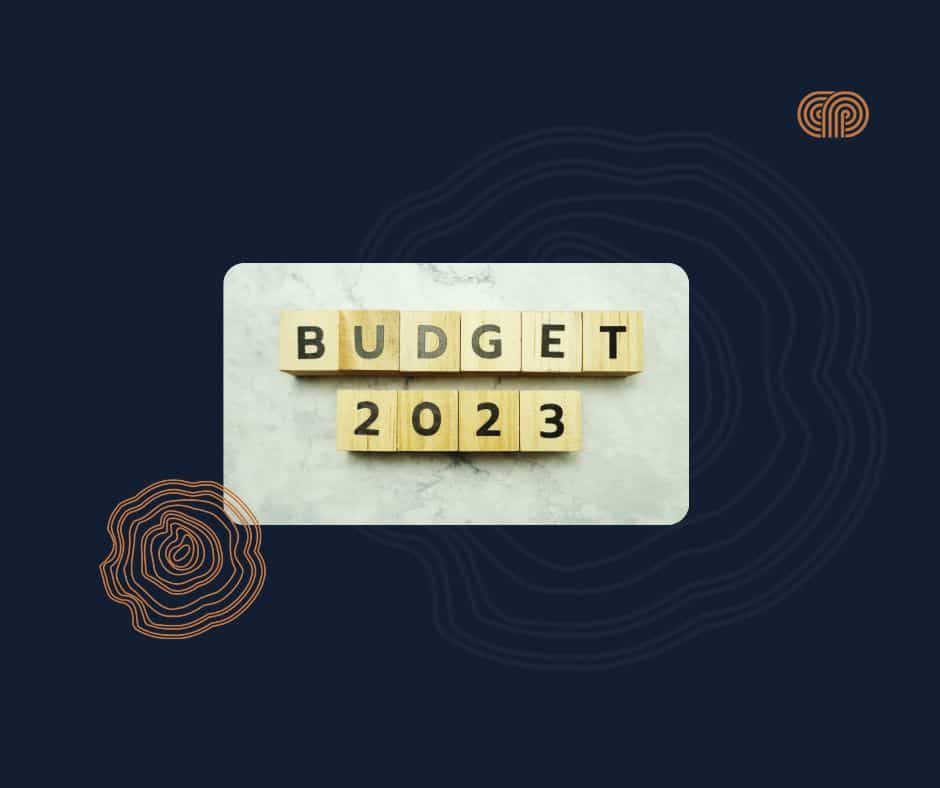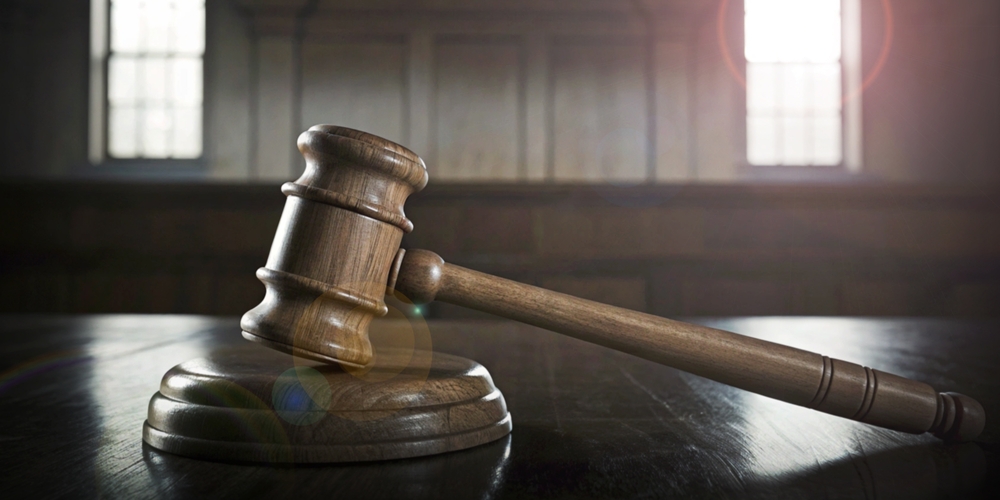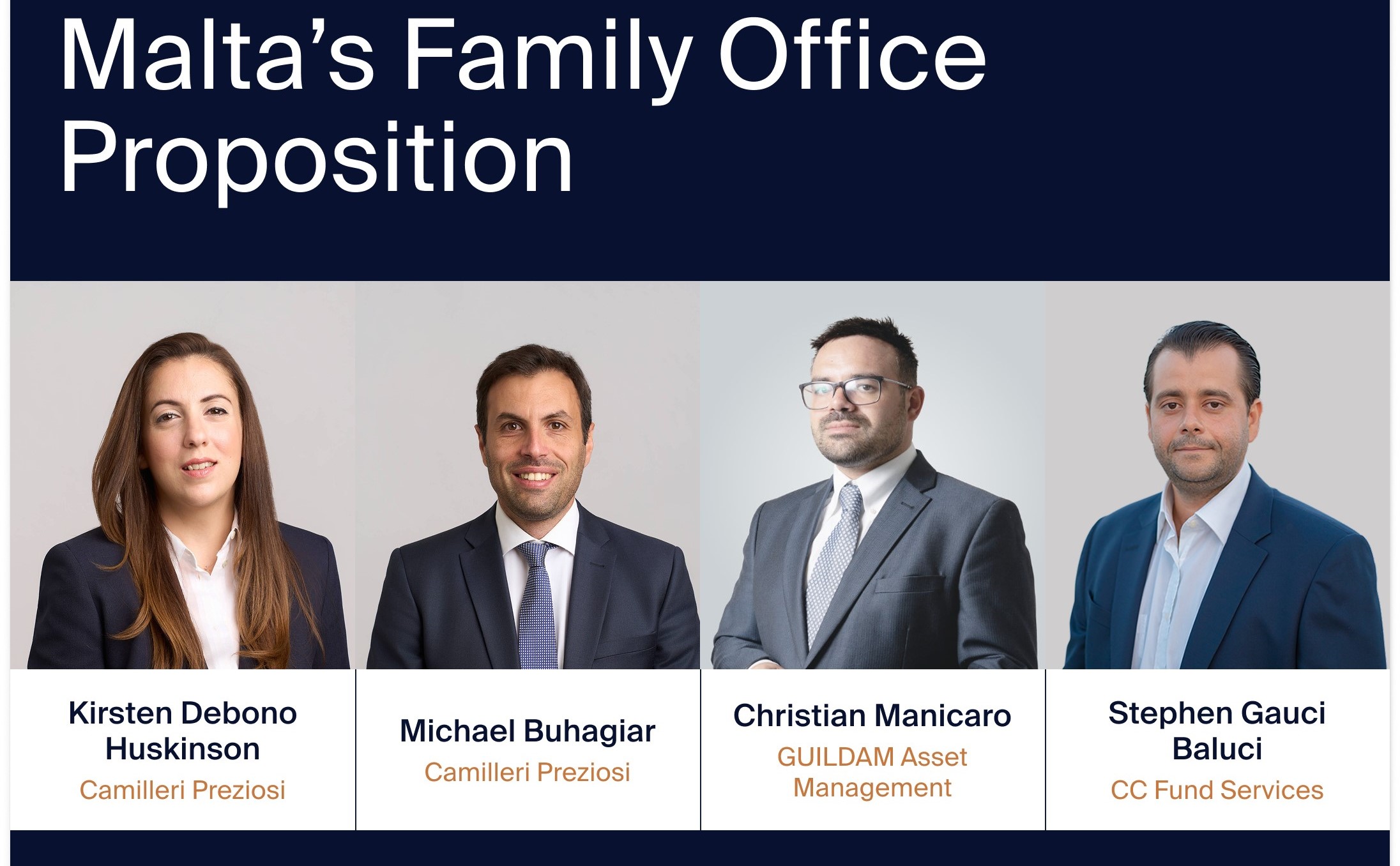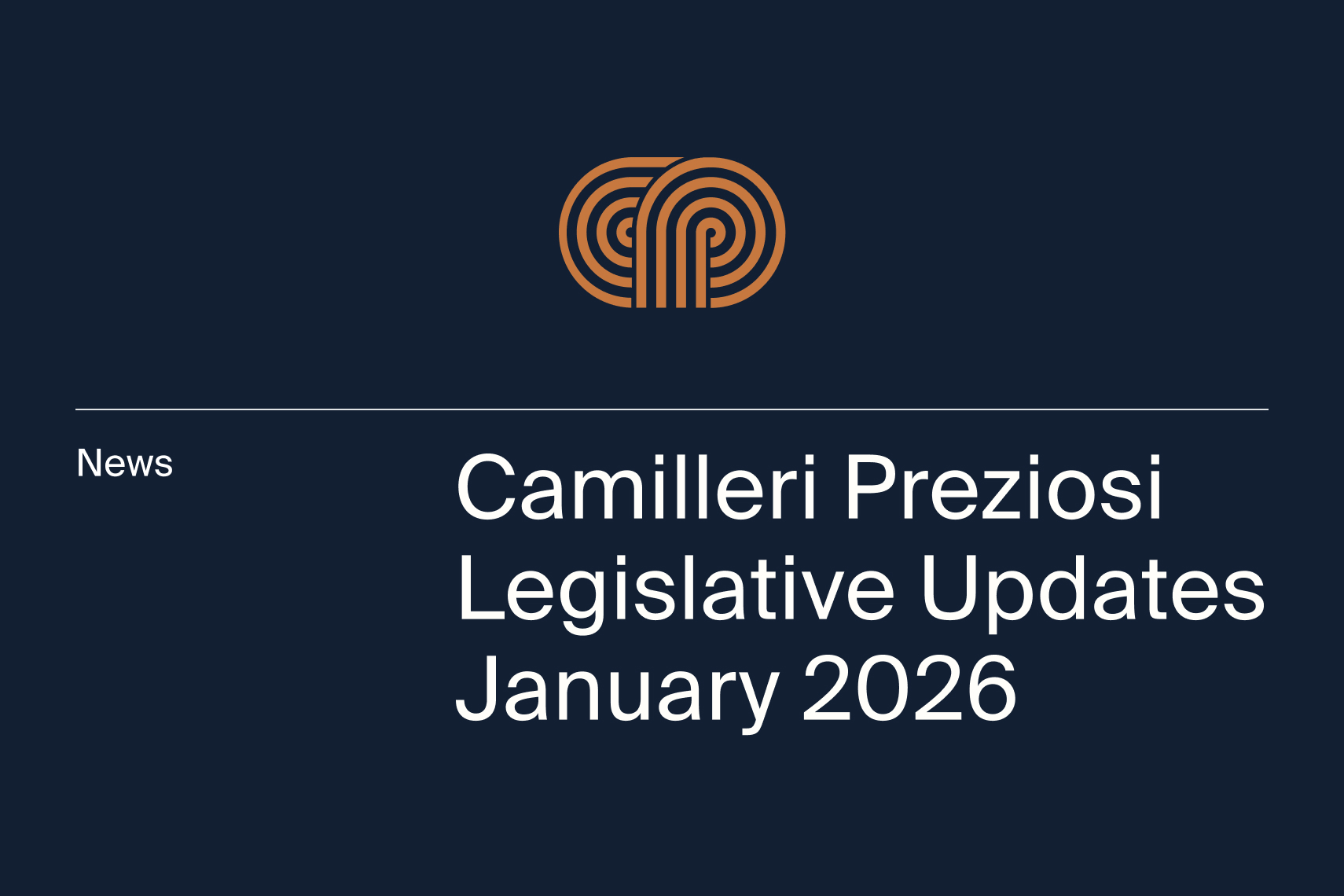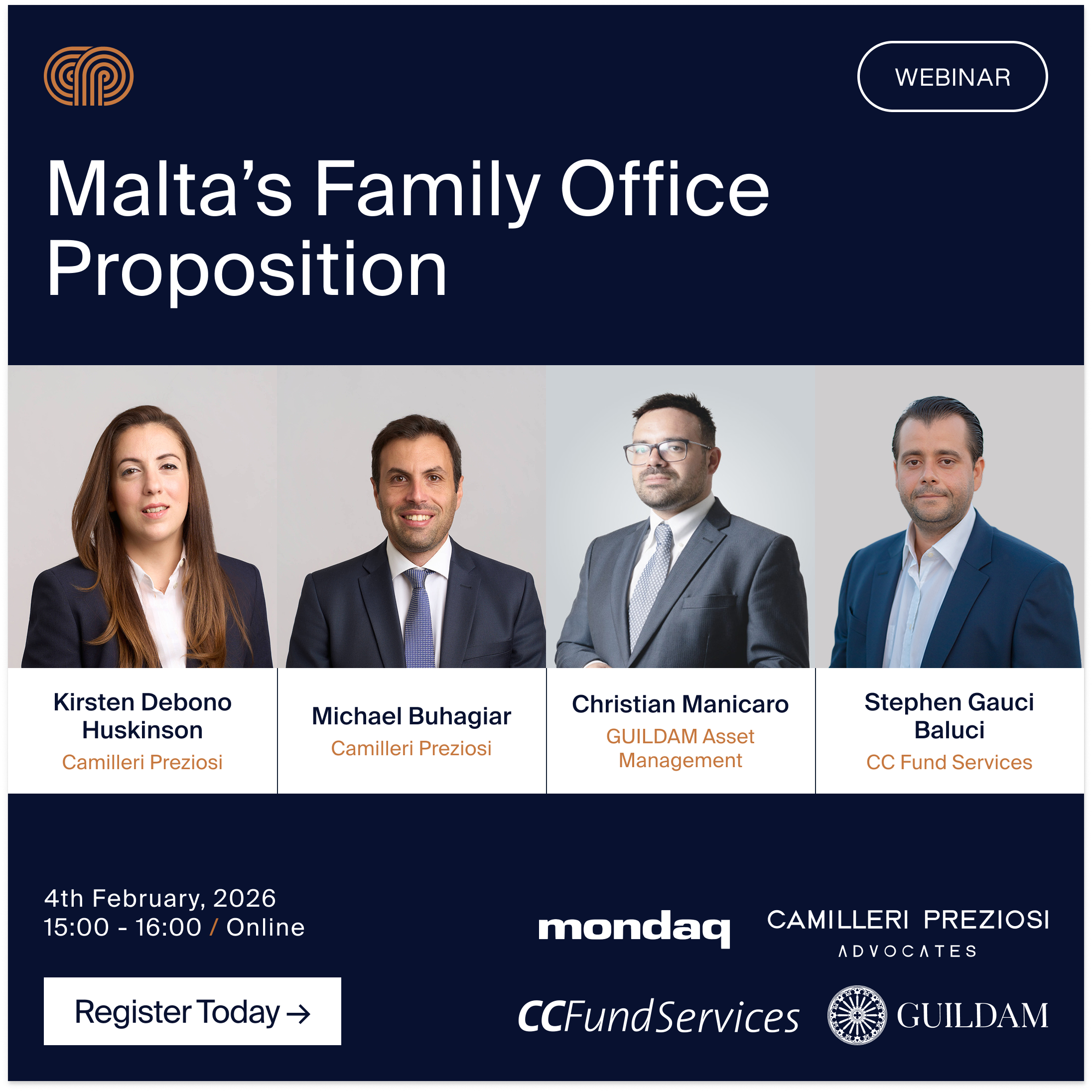The overhaul of the Maltese gaming legislative framework has been formalised, as the new legislation that was approved by Maltese Parliament on 8 March 2018 came into force today (1 August 2018).
Whereas previously gaming was regulated by a series of separate pieces of legislation, this has now been streamlined by virtue of a singular Gaming Act, supplemented by subsidiary legislation and binding instruments issued by the Malta Gaming Authority. In terms of the transitory provisions contemplated by the new framework, this has been made applicable to remote gaming operators as of today (1 August 2018), with its applicability being extended to land-based operators as of 1 January 2019.
Notable changes introduced by virtue of the overhauled framework include, amongst others:
- Replacing of the current multi-licence system with one providing for two different types of licences – a Critical Gaming Supply Licence (B2B) and a Gaming Services Licence (B2C). This will be beneficial to operators as it will broaden the scope for licensable activities, and shall serve to significantly increase the efficiency with which the MGA will oversee licensing;
- Increase in duration of a licence to ten years, adding longevity for licensees and reducing the administrative burden;
- Introduction of certification of material gaming supplies by suppliers providing non-critical gaming supplies;
- Division of the Key Official role into various key functions within a licenced activity, all of which will require respective authorisations from the MGA;
- Introduction of a partial moratorium in respect of licence fees for start-ups, incentivising their entry into the gaming industry;
- Introduction of the concept of administration in order to facilitate turnaround of operations that are in distress, which shall be beneficial to licensee employees and players alike; and
- Streamlining of taxation into a gaming tax calculated at 5% of the licensee’s gross gaming revenue (which is solely applicable to B2C licensees, thereby enhancing Malta’s competitiveness for B2B service providers), and an annual compliance contribution which is determined according to the revenue generated by the licensee.
Overall, this restructuring is a welcome development, which shall serve to benefit all areas of the gaming industry in Malta. The announcement by the MGA regarding the new legislation coming into force today can be obtained by clicking here.
Should you require any assistance in this area, please contact us on gaming@camilleripreziosi.com.
